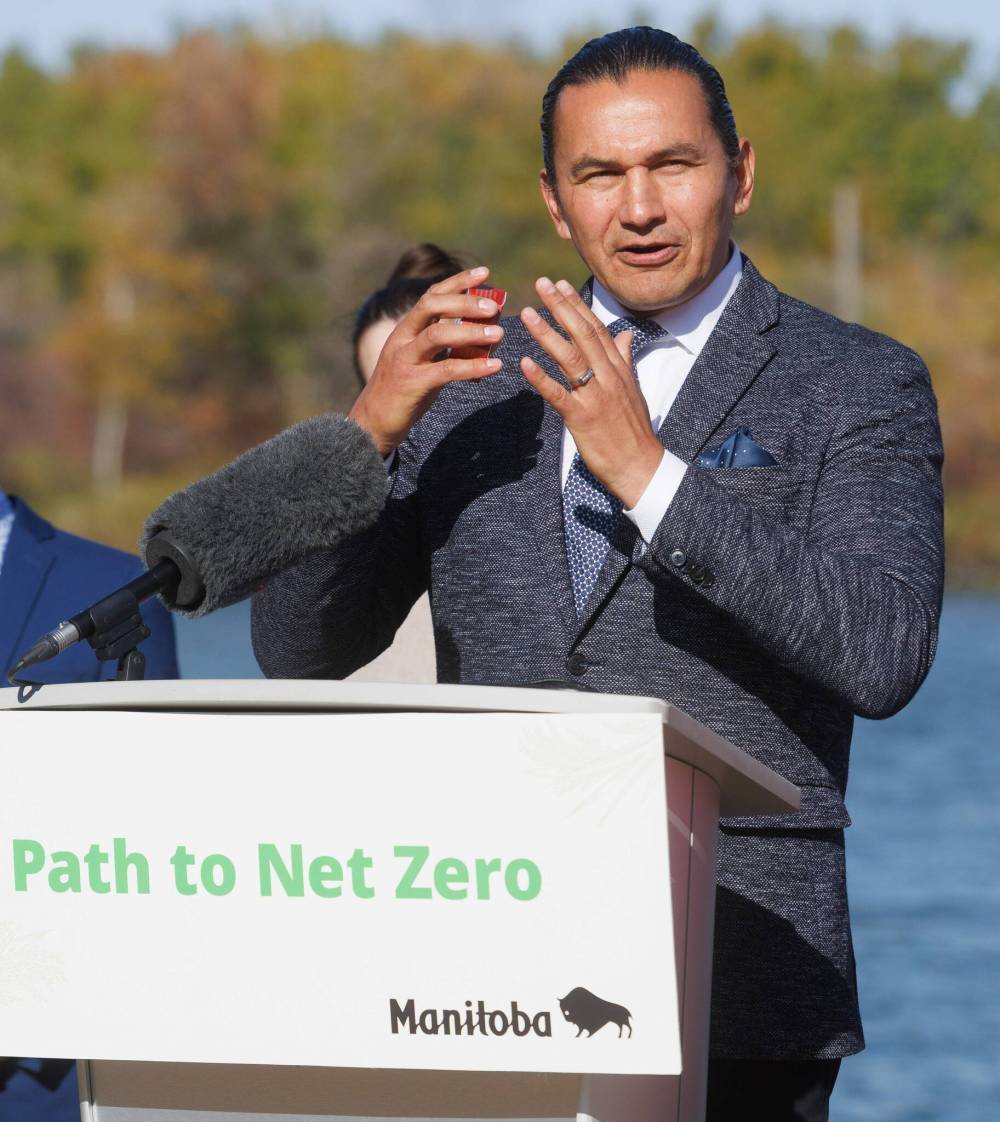Changed names, the law and sex offenders
Advertisement
Read this article for free:
or
Already have an account? Log in here »
To continue reading, please subscribe:
Monthly Digital Subscription
$0 for the first 4 weeks*
- Enjoy unlimited reading on winnipegfreepress.com
- Read the E-Edition, our digital replica newspaper
- Access News Break, our award-winning app
- Play interactive puzzles
*No charge for 4 weeks then price increases to the regular rate of $19.00 plus GST every four weeks. Offer available to new and qualified returning subscribers only. Cancel any time.
Monthly Digital Subscription
$4.75/week*
- Enjoy unlimited reading on winnipegfreepress.com
- Read the E-Edition, our digital replica newspaper
- Access News Break, our award-winning app
- Play interactive puzzles
*Billed as $19 plus GST every four weeks. Cancel any time.
To continue reading, please subscribe:
Add Free Press access to your Brandon Sun subscription for only an additional
$1 for the first 4 weeks*
*Your next subscription payment will increase by $1.00 and you will be charged $16.99 plus GST for four weeks. After four weeks, your payment will increase to $23.99 plus GST every four weeks.
Read unlimited articles for free today:
or
Already have an account? Log in here »
The NDP government of Manitoba cannot say why it passed — but did not enact — a 2024 law preventing citizens convicted of child sexual offences from legally changing their names. All we know is that government is now scrambling to put this law into effect after its shortcoming was fully revealed to the public.
Last week, the Free Press reported how a mother had learned that a man she had befriended and allowed to spend time with her preteen son was actually a convicted child sex offender who had legally changed his name.
Ryan Knight, who was charged this past July with allegedly making and possessing child pornography, sexual interference and aggravated sexual assault, had legally changed his name from Ryan Gabourie, apparently to conceal the fact that nearly 20 years ago, he spent seven years in prison for sexually molesting five young boys.

MIKE DEAL / FREE PRESS files
Premier Wab Kinew
It took less than a day for Premier Wab Kinew to announce the law would soon be put into action. Kinew said the delay was due to the fact the regulations needed to accompany the new law had not yet been drafted.
Although not an excuse for the government’s delay, it would be fair to say that, if the debate on similar legislation in other provinces is any indication, the regulations specifying those ineligible to seek a name change can be part of a legally fraught issue.
In 2024, British Columbia brought in one of the most sweeping laws to prevent citizens convicted of certain “prescribed” crimes from seeking a legal name change. It is that list of crimes that has generated the most concern.
Some of the prescribed crimes have generated little controversy: name changes would be denied to dangerous and long-term offenders or anyone convicted of murder, sexual assault and crimes against children and a host of other violent and sex-related crimes.
The debates get a lot more prickly around the law’s denial of name changes for those found not criminally responsible (NCR) for a criminal offence. Legally, anyone found NCR by reason of a mental illness is considered legally innocent; denying them a name change has been heavily criticized by legal associations and civil rights groups as unjust.
There is also concern the law does not take into account the reasons why someone might want to change their names. For example, B.C.’s name law has no accommodation for Indigenous people who wish to adopt a traditional name, or a transgendered person who wishes to adopt a name in keeping with their chosen gender identity.
Other concerns centre on the fact that denying a name change to someone convicted of a crime is excessively punitive in that it does nothing to discourage recidivism.
Those concerns may seem insignificant to a public concerned about whether the worst of the worst offenders are denied an opportunity to slip back into society and recommit offences which put them in prison in the first place. Those are valid concerns, but it does not justify regulations that punish people who legally or morally deserve a chance to leave their previous lives and identities behind.
The Kinew government has been leisurely in enacting this new law. However, that delay should not become an excuse to overreact and deny name changes to people who may have committed serious crimes but no longer pose a viable threat to society.
Leaving this law in limbo is a bad look for this government. The only way to remedy that is to promptly deliver thoughtful and fair regulations.

